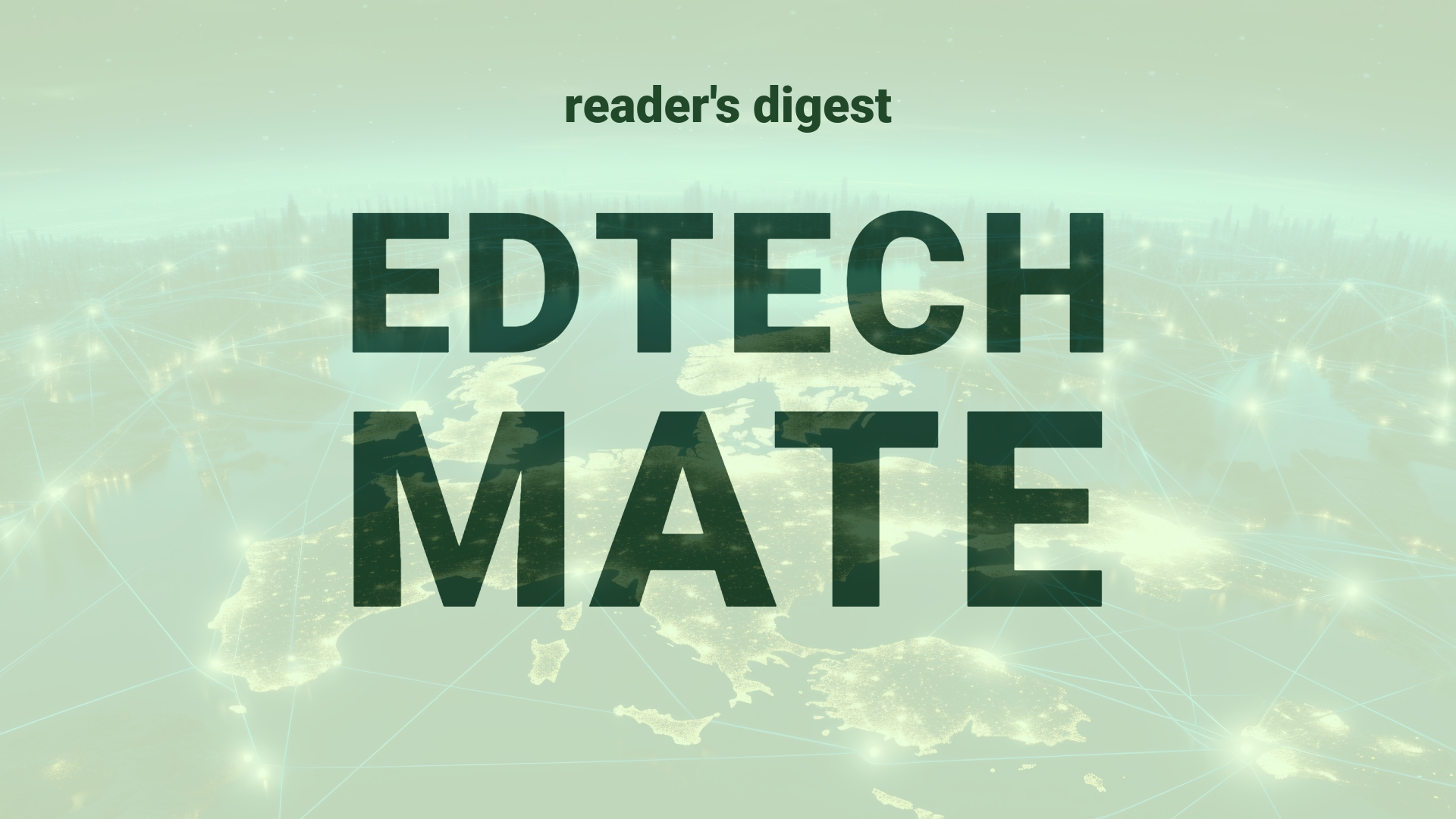“`html
Executive Summary and Main Points
The development of Microsoft’s Healthcare Data Solutions for Power Platform marks a significant innovation within the healthcare sector, integrating technology and healthcare data management. Key features include a FHIR-aligned relational data model, configurable APIs, template applications for healthcare solutions, Virtual Health Data Tables, and the FHIRlink Power Platform connector. These advances underscore the critical trend of digital transformation within the healthcare industry, emphasizing low code/no code development, interoperability, and cost-effective data management.
Potential Impact in the Education Sector
In higher education, particularly in health informatics and health IT curricula, the use of Microsoft’s tools could enhance student understanding of healthcare data management. Further education institutions could leverage these tools to offer practical learning experiences. The approach aligns with the expansion of micro-credentials in healthcare technology, where partnerships between tech companies and educational institutions could provide cutting-edge training aligned with industry standards.
Potential Applicability in the Education Sector
Innovative applications of Microsoft’s healthcare solutions within global education systems may include simulation labs for healthcare management courses, AI-based research projects on healthcare datasets, and training programs focusing on interoperability standards like HL7 FHIR. These tools can serve as foundational technologies for educational platforms to train future healthcare professionals in data management and analysis.
Criticism and Potential Shortfalls
While Microsoft’s Healthcare Data Solutions for Power Platform are robust, there may be concerns about data privacy and security, especially given the sensitive nature of healthcare information. Furthermore, international adoption could face hurdles due to varying compliance and regulatory standards across countries. A comparative analysis of case studies where this platform is implemented in different cultural contexts would be critical in assessing its versatility and adaptability.
Actionable Recommendations
To leverage these healthcare technology advancements in education, institutions should consider developing specialized training modules in partnership with Microsoft. They could also incorporate these tools into capstone projects, prioritize developing competencies in data privacy and security, and foster a culture of ethical use of healthcare data systems. Strategic insights could involve creating international collaborative projects to solve global health data challenges using this technology.
“`
Source article: https://techcommunity.microsoft.com/t5/healthcare-and-life-sciences/building-apps-on-healthcare-data-solutions-for-power-platform/ba-p/4162818

